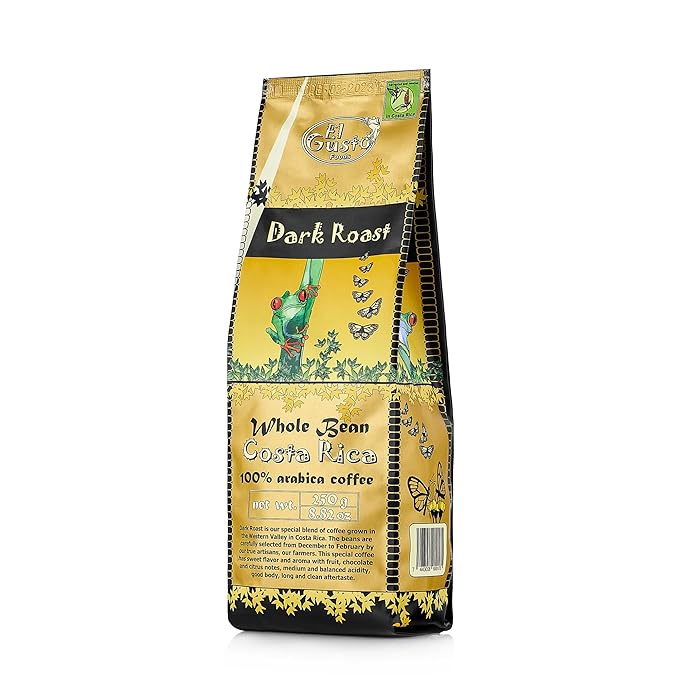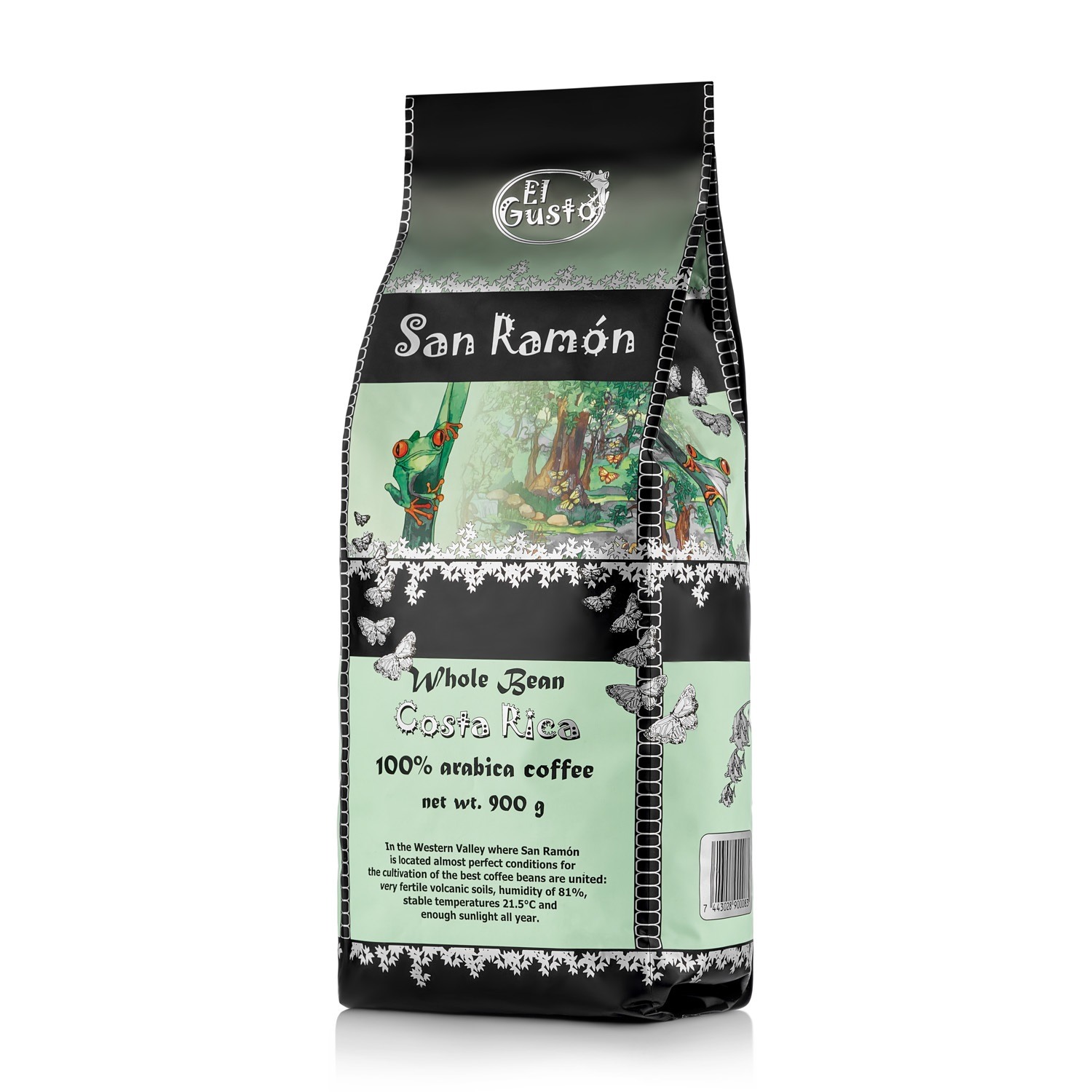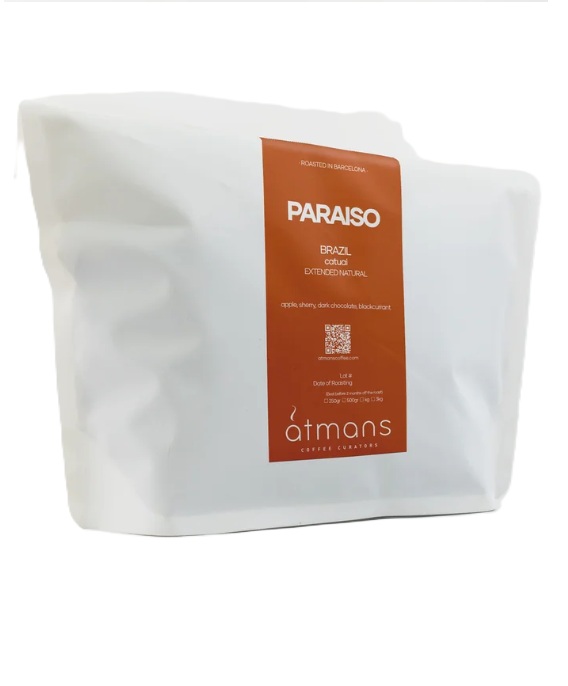
What is Sustainable Coffee and Why Should You Care?
Table of Contents
- Understanding Sustainable Coffee
- Why Does Sustainability in Coffee Matter?
- 1. Protecting the Environment
- 2. Supporting Coffee Farmers
- 3. Improving Coffee Quality
- 4. Tackling Climate Change
- Types of Sustainable Coffee Certifications
- 1. Fair Trade
- 2. Rainforest Alliance
- 3. USDA Organic
- 4. Bird Friendly
- 5. Direct Trade
- How to Identify Sustainable Coffee
- Simple Ways to Support Sustainable Coffee
- 1. Buy Certified Coffee
- 2. Reduce Coffee Waste
- 3. Invest in Reusable Gear
- 4. Support Local Coffee Shops
- 5. Educate Yourself
- Sustainable Coffee and the Future
- The Consumer’s Role in Sustainability
- Conclusion: A Better Brew for Everyone
What is Sustainable Coffee and Why Should You Care?
- Adam Smith
- 18-12-2024
- 23-07-2025
- 1090 views
- coffeepedia

Coffee is one of the most beloved beverages globally, enjoyed by millions daily. However, as coffee consumption increases, so does its environmental and social impact. This is where sustainable coffee comes into play. It’s not just a trendy term but a vital movement that seeks to protect the environment, support coffee farmers, and ensure a better future for the coffee industry. But what exactly is sustainable coffee, and why should it matter to you?
Understanding Sustainable Coffee
Sustainable coffee refers to coffee that is grown, harvested, and processed in ways that prioritize environmental conservation, ethical labor practices, and economic viability. It’s about producing coffee with a focus on three key pillars:
- Environmental Responsibility: Reducing deforestation, conserving water, and using organic farming techniques.
- Social Responsibility: Ensuring fair wages, safe working conditions, and opportunities for coffee farmers.
- Economic Viability: Supporting coffee-growing communities to create a sustainable livelihood.
Why Does Sustainability in Coffee Matter?
1. Protecting the Environment
Traditional coffee farming often leads to deforestation, soil degradation, and water pollution. By adopting sustainable practices, coffee farms can reduce their carbon footprint, prevent deforestation, and promote biodiversity. This is essential for maintaining the ecosystems that coffee plants—and humanity—depend on.
2. Supporting Coffee Farmers
Coffee farming is labor-intensive, and many small-scale farmers struggle to make ends meet. Sustainable coffee initiatives, such as Fair Trade, ensure that farmers receive fair compensation for their hard work, empowering them to improve their quality of life and invest in their communities.
3. Improving Coffee Quality
Sustainably grown coffee often leads to higher-quality beans. With a focus on organic practices and careful cultivation, sustainable coffee delivers a richer, cleaner flavor that coffee connoisseurs appreciate.
4. Tackling Climate Change
Coffee plants are highly sensitive to climate changes. Rising temperatures and unpredictable weather patterns threaten coffee production worldwide. Sustainable practices help farms adapt to these changes while mitigating their contribution to global warming.
Types of Sustainable Coffee Certifications
Look for these certifications to ensure your coffee is sustainably sourced:
1. Fair Trade
Fair Trade-certified coffee ensures that farmers receive fair wages and work under ethical conditions. It also encourages environmentally friendly farming practices.
2. Rainforest Alliance
This certification focuses on conserving forests, protecting wildlife, and supporting sustainable livelihoods for farmers.
3. USDA Organic
Organic certification guarantees that the coffee is grown without synthetic pesticides, herbicides, or fertilizers.
4. Bird Friendly
This certification, developed by the Smithsonian Migratory Bird Center, ensures that coffee is grown under shade trees to preserve bird habitats.
5. Direct Trade
Direct trade eliminates middlemen, allowing farmers to receive higher compensation directly from coffee roasters.
How to Identify Sustainable Coffee
- Check the Label: Look for certifications like Fair Trade, Rainforest Alliance, or USDA Organic on coffee packaging.
- Research Brands: Many coffee brands openly share their sustainability practices online.
- Support Local Roasters: Small roasters often source coffee directly from ethical and sustainable farms.
Simple Ways to Support Sustainable Coffee
1. Buy Certified Coffee
Supporting certified sustainable coffee ensures you’re contributing to ethical and eco-friendly practices.
2. Reduce Coffee Waste
Avoid over-brewing and wasting coffee. Compost coffee grounds to minimize waste and enrich your garden soil.
3. Invest in Reusable Gear
Swap single-use coffee cups and pods for reusable alternatives to reduce landfill waste.
4. Support Local Coffee Shops
Many independent coffee shops source sustainably grown beans, so buying locally can make a significant impact.
5. Educate Yourself
Stay informed about coffee sustainability and share your knowledge to inspire others to make better choices.
Sustainable Coffee and the Future
Sustainability is no longer optional for the coffee industry—it’s essential for its survival. Without sustainable practices, coffee production faces severe challenges due to climate change, deforestation, and declining biodiversity. By embracing sustainability, we can protect the planet, support farmers, and ensure that future generations can enjoy their morning cup of coffee.
The Consumer’s Role in Sustainability
Every choice you make as a coffee consumer has a ripple effect. By choosing sustainably sourced coffee, you:
- Reduce environmental harm.
- Empower farmers and their communities.
- Enjoy better-quality coffee.
Your purchasing power can drive significant change. By demanding sustainable options, you encourage brands and producers to adopt ethical practices.
Conclusion: A Better Brew for Everyone
Sustainable coffee is more than a buzzword; it’s a commitment to a better world. From protecting the environment to improving farmers’ lives, the impact of sustainable coffee stretches far beyond your morning cup. By choosing responsibly, you can savor your coffee knowing you’re contributing to a brighter, more sustainable future.
So, the next time you shop for coffee, consider the journey of those beans and make a choice that supports the planet and the people behind your brew.






















